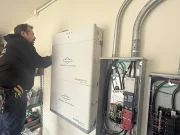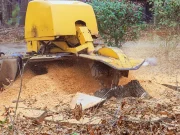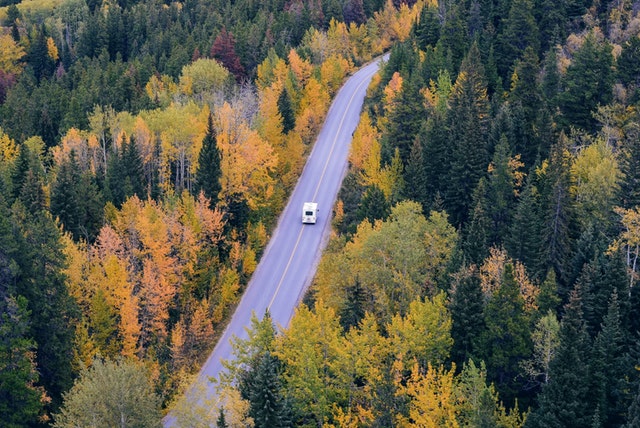A new BCAA survey shows that, despite having some of the highest gas prices in the country, British Columbians still plan to take road trips this summer – but are adjusting their plans.
While 77% of British Columbians say that the high price of gas makes road trips ‘too expensive’ this year, a large majority (69%) still plan to go on a vacation road trip. Plans will be different though, with 78% saying they will vacation closer to home and 76% planning to do less exploring using their car once they reach their destination.
Josh Smythe, BCAA’s Automotive Manager understands that gas prices can dampen a road vacation, especially for those with large vehicles. “All those things we love to do – take the scenic route, go a little further to see what’s on the other side of the lake – may have to wait until gas prices go down. It looks like this could be a year when many of us decide to drive directly to our destination and simply stay there,” he says.
That doesn’t mean that British Columbians need to have less summer fun, as Smythe says that there are ways to outsmart pain at the pump as road trippers head out on vacation:
- Route-plan for a shorter drive – Plan the most direct route possible. Use GPS, maps, whatever it takes to avoid getting off track. When choosing a vacation spot, consider one that’s closer to activities, where you can park up and walk to explore.
- Vacation-mode driving: drive chill – When planning routes, look for ways to get there that don’t require as many stops and starts. Save gas by slowing down, driving smoothly at steady speeds within the speed limit and avoiding jackrabbit starts and hard braking. “Drive chill, like you’ve already had a vacation,” Smythe suggests.
- Climate control – Air conditioning uses power from the engine that consumes fuel. To save gas, Smythe recommends trying the simple choice first: open windows a few inches for air flow before pushing the AC button.
- Lighten your load – Carrying excess weight wastes gas, so pack light and clean out the trunk, cargo areas and passenger compartments. For necessities, pay attention to how they’re arranged and distribute the weight evenly. Remove your roof rack/box when you don’t use it to reduce wind resistance. If you can rent equipment at your destination, this might be the year for it as towing trailers for recreational vehicles are hard on fuel economy.
- Fueling up – a full tank of gas may add weight, but it’s not worth driving with less as you’ll waste fuel searching for a gas station. Also, resist the urge to use cheaper fuels not recommended for your vehicles to save money. In the long term you will pay more for repairs.
- Tune up before you head out – A well-tuned vehicle with properly inflated tires improves fuel economy. Tires can change pressure depending on weather, so for the best fuel economy,
Smythe recommends that each time you fill up your tank, check your tire pressures are at the manufacturer’s recommended level.
About BCAA
The most trusted organization in British Columbia by its Members, BCAA serves 1 in 3 B.C. households with industry-leading products including home, car and travel insurance, roadside assistance, Evo Car Share and full automotive services at BCAA’s Auto Service Centres. BCAA has a long history focused on keeping kids safe on the road and at play through community programs such as its School Safety Patrol, Child Passenger Safety and BCAA Play Here. Please visit bcaa.com.








































